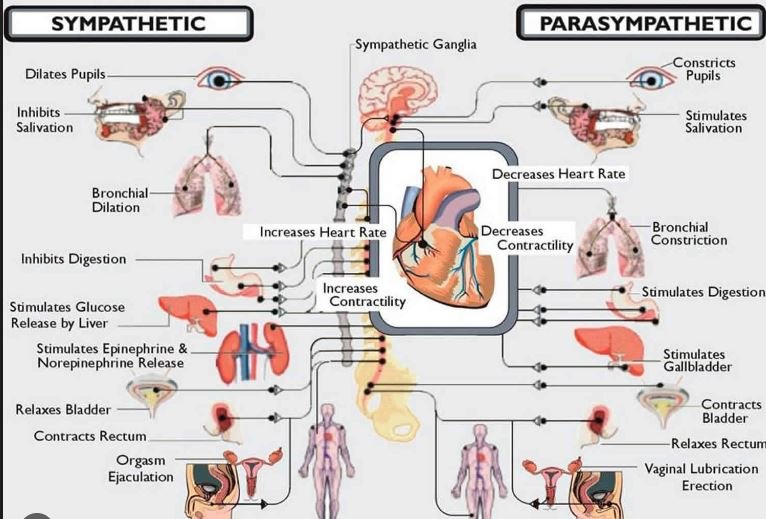Haptonomie, a therapeutic practice centered on affective touch and emotional connection, significantly enhances body awareness. By focusing on the physical and emotional aspects of touch, Haptonomie helps individuals develop a deeper understanding of their bodies, promoting overall well-being and improved self-awareness.

The Fundamentals of Haptonomie
Core Principles
Haptonomie emphasizes the importance of touch in fostering emotional and physical well-being. Through intentional and compassionate touch, practitioners help individuals connect with their bodies, enhancing their self-awareness and emotional balance. This approach encourages a holistic understanding of the body-mind connection.
Affective Touch
Affective touch, a key element of Haptonomie, activates the body’s parasympathetic nervous system. This activation promotes relaxation and a sense of safety, crucial for developing body awareness. By experiencing gentle, mindful touch, individuals become more attuned to their physical sensations and emotional states.
Enhancing Body Awareness
Promoting Physical Sensation
Haptonomie encourages individuals to pay attention to their physical sensations. This heightened awareness allows them to recognize subtle changes in their bodies, such as muscle tension or discomfort. By being more in tune with these sensations, individuals can address physical issues before they escalate.
Developing Emotional Insight
Body awareness extends beyond physical sensations to include emotional insight. Haptonomie helps individuals understand how their emotions manifest physically. This understanding enables them to identify and manage stress, anxiety, and other emotional responses more effectively.
Benefits of Improved Body Awareness
Better Physical Health
Enhanced body awareness contributes to better physical health. By recognizing and addressing physical discomfort early, individuals can prevent injuries and manage chronic conditions more effectively. Haptonomie promotes proactive health management, leading to overall well-being.
Improved Emotional Regulation
Body awareness plays a crucial role in emotional regulation. Haptonomie helps individuals identify physical signs of stress and anxiety, allowing them to take steps to calm their bodies and minds. This improved regulation leads to better emotional balance and mental health.
Case Studies: Success Stories
Chronic Pain Management
A study involving individuals with chronic pain integrated Haptonomie into their treatment plans. Participants reported increased body awareness and a better understanding of their pain triggers. This awareness allowed them to manage their pain more effectively, reducing reliance on medication and improving quality of life.
Stress Reduction in Corporate Employees
A corporate wellness program included Haptonomie sessions to help employees manage stress. Participants experienced heightened body awareness, recognizing physical signs of stress early. This awareness enabled them to implement stress-reduction techniques promptly, leading to improved workplace well-being.
Practical Tips for Enhancing Body Awareness
Regular Haptonomie Sessions
Regular Haptonomie sessions with a certified practitioner can significantly enhance body awareness. These sessions focus on mindful touch and emotional connection, helping individuals become more attuned to their physical and emotional states.
Practicing Mindfulness
Mindfulness practices, such as meditation and deep breathing, complement Haptonomie by promoting body awareness. These techniques encourage individuals to focus on their physical sensations and emotional responses, fostering a deeper connection with their bodies.
Benefits for Therapists and Practitioners
Integrating Haptonomie into Practice
Therapists and practitioners can enhance their practice by integrating Haptonomie techniques. By incorporating affective touch and body awareness principles, they can provide a holistic approach to client care, addressing both physical and emotional needs.
Supporting Client Self-Awareness
Haptonomie can help therapists support their clients’ self-awareness. By fostering a safe and supportive environment, therapists can guide clients in developing better body awareness, leading to improved physical and emotional health.
Conclusion
Haptonomie plays a vital role in enhancing body awareness, promoting both physical and emotional well-being. Through affective touch and mindful connection, individuals develop a deeper understanding of their bodies, leading to better health and improved self-awareness. Case studies highlight Haptonomie’s effectiveness in managing chronic pain and reducing stress. Practical tips for regular sessions and mindfulness practices provide ongoing support for body awareness. Therapists and practitioners can integrate Haptonomie into their practice to offer holistic care. By embracing Haptonomie, individuals can achieve a greater connection with their bodies and overall well-being.





Can you be more specific about the content of your article? After reading it, I still have some doubts. Hope you can help me.